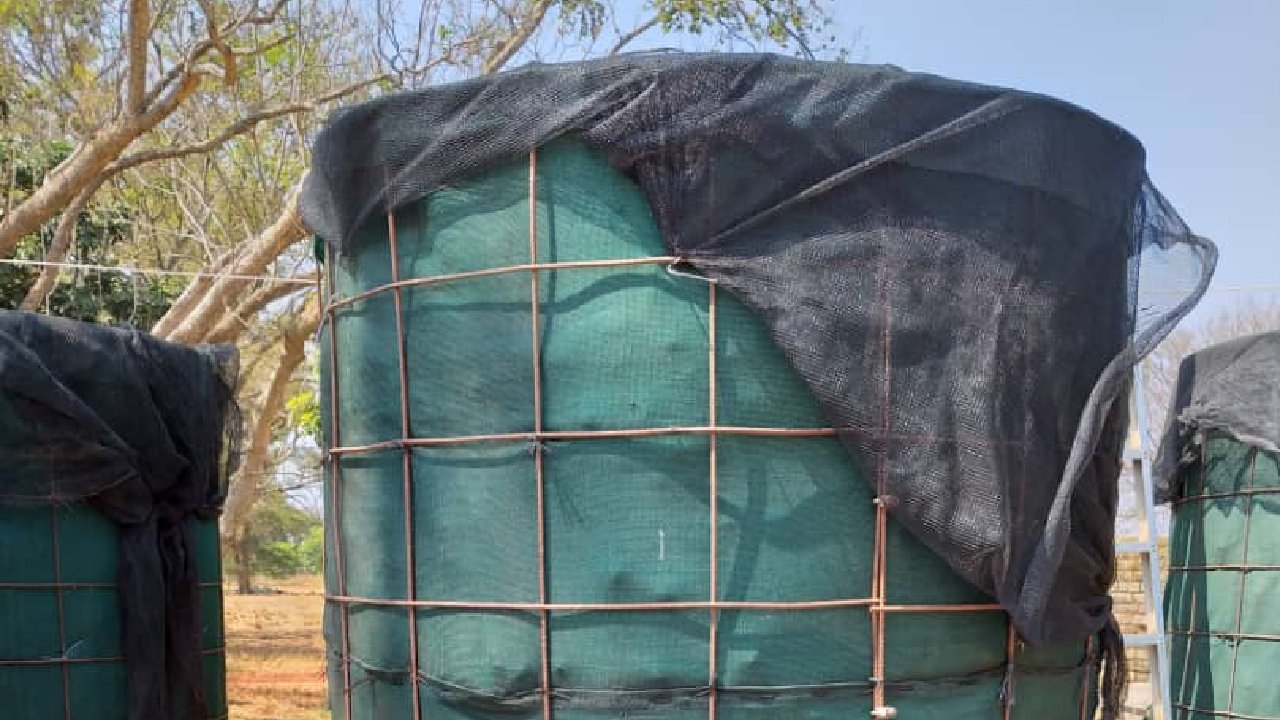The Johnson Su composting method
Johnson Su composting is a slow aerobic composting system that harnesses the potential of diverse and mature microbes. Similar to aging fine wine, allowing the compost to develop at its own pace results in a more complex and refined structure. Let's explore the benefits of this method and its various applications.
Seed Coating
One use of Johnson Su composting is seed coating. By giving the seed an initial fungal signature during germination, it changes the seed’s perception of its immediate environment helping it to become self-sufficient, vibrant, and full of life. Unlike fertilizers that can create dependent and needy plants, we use Johnson Su’s fungal seed treatment to foster independent, energized, and resourceful plants.
Soil Inoculant
The Johnson Su composting method also serves as a soil inoculant. We apply it through the pivot or spraying onto dry land fields with a bowser. You only need small quantities of this application as it aims to establish a diverse microbial presence where microbes can multiply. By introducing a rich microbial community, we enhance the soil's fertility and promote healthy plant growth.
Bulk Compost Inoculation
Johnson Su composting also plays a vital role in inoculating our bulk compost. In this application, small volumes of compost are used to multiply the microbes throughout the composting process. Once the microbes have proliferated, the enriched bulk compost is then applied to our fields. This process ensures that the compost is teeming with beneficial microorganisms, further enhancing soil health and promoting sustainable agriculture practices.
Johnson Su composting harnesses the power of microbes to unlock the true potential of our plants and soils. By allowing the compost to mature slowly, we create a rich and diverse ecosystem that fosters resilient plant growth. From seed coating to soil inoculation and bulk composting, the applications of Johnson Su composting are powerful. By embracing this method, we can develop healthier soils, promote sustainable agriculture, and contribute to a more resilient ecosystem. For more information about this, and the science behind it check out Dr. David Johnson’s YouTube videos.

